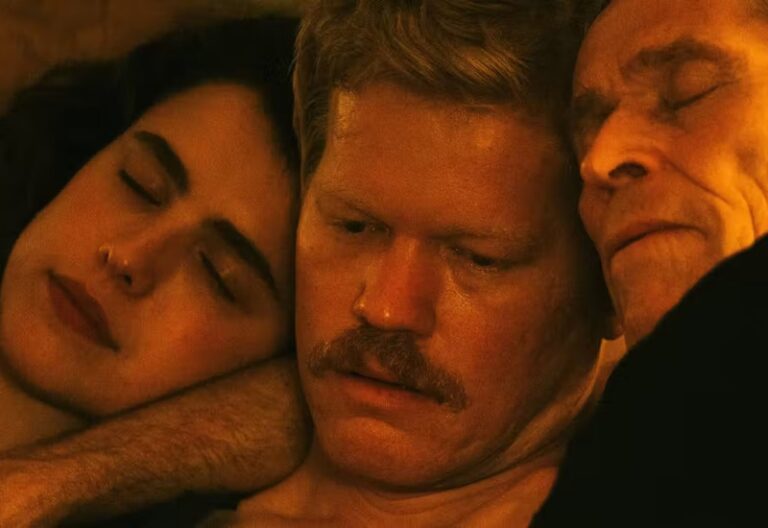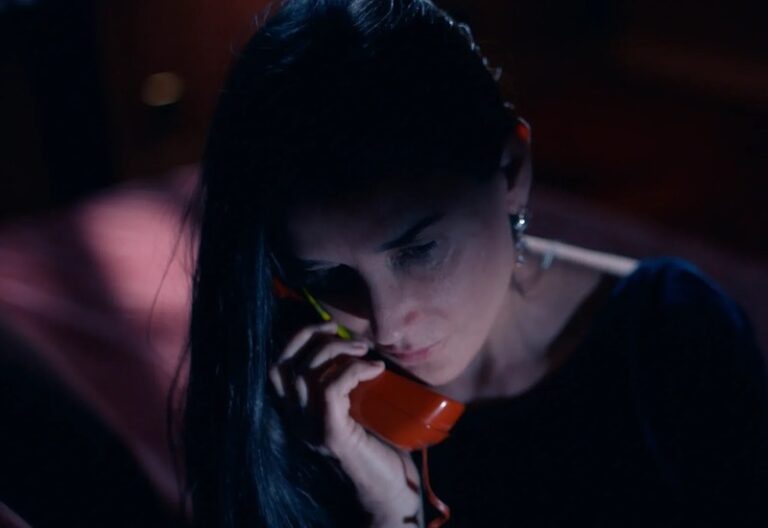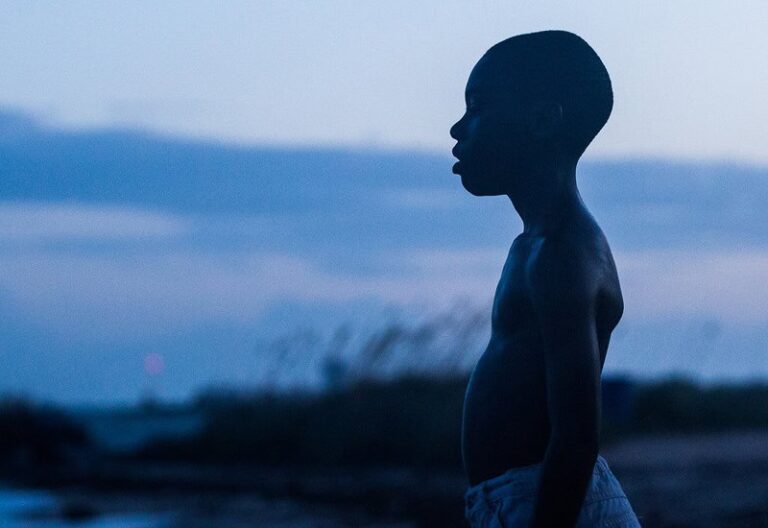anora review
film by Sean Baker (2024)
Sean Baker made his name exploring the American Subaltern with a combination of empathetic exploration and self-deprecating humor. His latest, “Anora,” tackles Brighton Beach’s Post-USSR Diaspora (Slavs and Armenians and Kazakhs, oh my!) in all their shouty glory. Often repetitive and tiresome, it nonetheless showcases newcomer Mikey Madison’s undeniable charisma and a final scene so unsentimental, viewers would be advised to make their therapy appointments in advance.
Review by: James Carneiro | Filed Under: Film Reviews
December 07, 2024
To me, Sean Baker’s predilection for showcasing the lives of the subaltern comes from a place of genuine empathy. He genuinely likes these people, cares about the trajectory of their lives. That doesn’t mean there isn’t a fair bit of leering; it’d be strange if Baker had no prurient interests in his kinky little heart. I felt like he achieved an even balance of the two with “Tangerine,” less so with “The Florida Project.” I found “Red Rocket” baffling because the final act seemed to be written by an NPR Tote Bag. Anora is simply The Most Baker the man can be.
Ani is a hot-headed stripper sharing a cramped home in Brighton Beach with her equally sardonic sister. She scrapes a living together performing lap dances for The Big Apple’s least shameful men. She has a bifurcated persona: Bubbly Uptalk for clients, Gleeful Rage for everyone else. She has a rivalry with the strip club’s only ginger. Thin as Baker draws her, she is immensely likable.

Vanya is the buoyantly goofy offspring of a Russian CEO. He feels like an even more childish Timothee Chalamet with a Slavic brogue. Beyond the ancient adage – She Let Me Hit Cause I’m Goofy – I don’t fully know what Ani sees in Vanya. Obviously, he’s a meal ticket out of her shitty environs, and God knows she’ll never have to work again. There is no shame in hustling your way out of poverty. I do think, though, it’d feel more like a whirlwind romance if he had hobbies beside Xbox. Just sayin’.
The first act, where Ani and Vanya do nothing but party and fuck on top of surfaces worth more than her annual income, are (largely) fun. It’s cool to see her writhe within this Other Brighton Beach, one where you don’t have to work and there’s no such thing as drug busts.
The sex Ani and Vanya have is as lurid and frenetic and (predictably?) robotic as the porn they watch. At some point, Vanya has to tell him “you’d probably last longer than 14 seconds if you went a little slower.” He complies and the sex starts to look more natural. Maybe our boy is growing up!

We’ll never know whether he gets to 45 seconds because Act II jettisons the sex and summons forth something Baker apparently thought entertaining: nonthreatening gangsters having circular conversations and Ani screaming the exact same phrase, at the exact same volume, to the exact same effect; slog does not even begin to cover it.
There is no tension because the gangsters are sputtering buffoons. There is no humor because it’s a flatly told joke, told some 500 times. I suppose Baker was aiming for a sort of anti-entertainment, maybe akin to Haneke, but at least with Haneke there’s palpable menace! This is just a headache!
While watching all this, I thought of two other films which are similarly loud, and yes, obnoxious, but are a joy to watch: “Good Time” and “Wolf of Wall Street.” Perhaps Baker was influenced, but he doesn’t know how to make these loud, circular situations entertaining. He can’t build tension or write decent jokes out of these chaotic scenarios. He spins his wheels and expects audience satisfaction simply because he’s very insistent and very loud and he’s sweating through his sport coat. You can’t manifest everything.
This film has been trumpeted as a cutting thesis on class divides and sex work in 2024, but I don’t know what that thesis is besides a thuddingly obvious “rich men lie to and ruthlessly exploit poor women.”
I’m sure there are some really great journals out there on class stratification in Brighton Beach or the commodification of certain types of bodies or drawing parallels between dependence on tips and how that reinforces performative “niceness” among both waitresses and strippers, or a million other fucking things. It is, if anything, about how Russians are too stupid to comprehend American marriage law. (Also, that Sean Baker has a thing for Waifish Wasians.)
A lot of people hate the final scene. I thought it was the only emotionally honest one in the entire film. Out of this whole Improv-lite, impish maelstrom of Performance and Fakery, I think extremely sad sex in a 1998 Ford Escort (hah!) which is owned by your (hah!) grandmother, among two people who are equally poor, and equally abandoned, to be a fitting end in a story where nothing is real.

Author
Reviewed by James Carneiro. Initially caught the film bug while cruising for used copies of Bergman flicks/bootleg concert footage at Disc Replay. These days, he’ll review quite anything, though he is partial to Italian neorealism, American underground film, and whoever is using cinema as a method of interrogating power structures. You can follow him on Letterboxd and Twitter.
A triptych fable following a man without choice who tries to take control of his own life; a policeman who is alarmed that his wife who was missing-at-sea has returned and seems…
A fading celebrity decides to use a black market drug, a cell-replicating substance that temporarily creates a younger, better version of herself. The Substance was…
When her young son Minato starts to behave strangely, his mother feels that there is something wrong. Discovering that a teacher is responsible, she storms…
Auteur theory is a critical framework in film studies that views the director as the primary creative force behind a film, often likened to an “author” of a book. This theory…
Independent film, often called indie film, is produced outside the major studio system. Its roots can be traced back to the early 20th century, when filmmakers began seeking…
Film theory is the academic discipline that explores the nature, essence, and impact of cinema, questioning their narrative structures, cultural contexts, and psychological…






